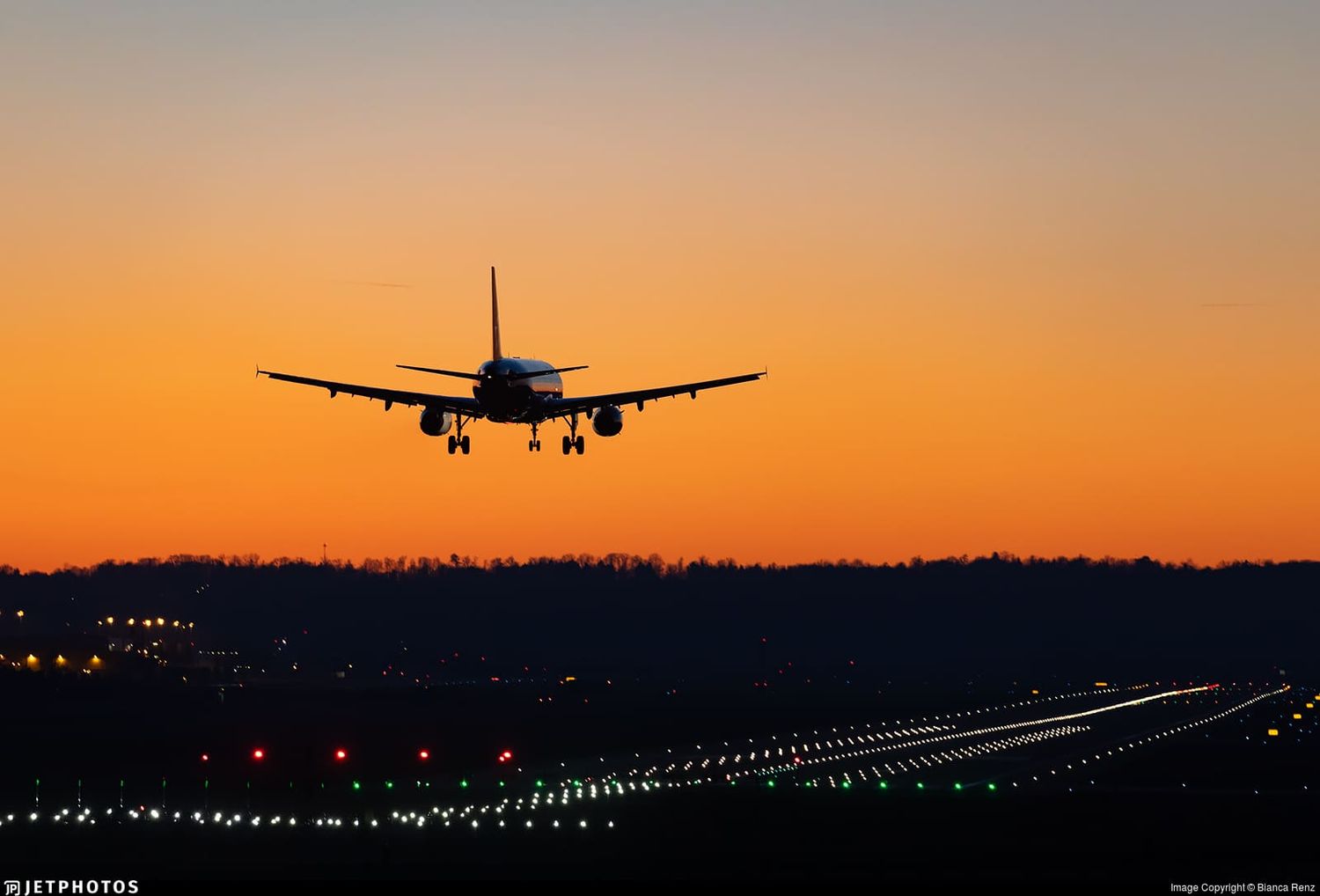The Marseille Fire Brigade and the Swiss company SICPA, a world leader in identification, traceability, and authentication solutions, have developed a technological solution based on the analysis of aircraft wastewater to obtain data that can help the authorities to manage the risk of importing pathogens into their territory.
As reported, the solution allows detection among a group of passengers and crew entering a given territory, almost in real time and without the need to know the identity of each of them. The analysis of wastewater enables the detection of pathogens at an early stage. Thus, governments and health authorities could have a new tool to anticipate and prevent potential risks.
«We offer governments secure traceability and health risk management solutions to optimize response systems», said Arnaud Bernaert, director of SICPA’s Health Security Solutions division. «Rapidly deployable on a large scale, it is now available to any interested state», he assured.
Bernaert said that the technology developed has a data capture module that makes it possible to build «an epidemiological observatory» to monitor emerging threats. On the other hand, it is effective for monitoring epidemiological situations and reducing the possibility of implementing restrictions on citizens.
The Marseille Fire Brigade played a key role in the development of the studies. Its commander, Vice Admiral Patrick Augier, emphasized that «it is an indispensable tool in the fight against the pandemic in Marseilles and in several French cities». He also welcomed the fact that today «it can be used to protect other countries and other populations».
Since the beginning of the COVID-19 pandemic, the French Navy unit has collected more than 40,000 sewage samples in urban communities across the country. That experience made it possible to implement a collection protocol for all types of aircraft.
In addition, they highlighted the easy adaptability of the method. From the collaboration with the scientific interest group EDEM Solutions, which has the capacity to adapt detection probes to new variants, new analysis tools can be obtained in a few weeks. The results obtained are presented to the authorities in the form of analytical dashboards developed by SICPA and correlated with statistical and territorial data.
See also: La Compagnie receives IOSA certification from the International Air Transport Association (IATA)


Comentarios
Para comentar, debés estar registrado
Por favor, iniciá sesión